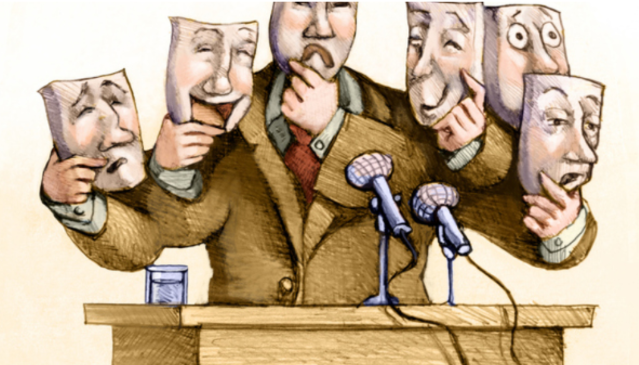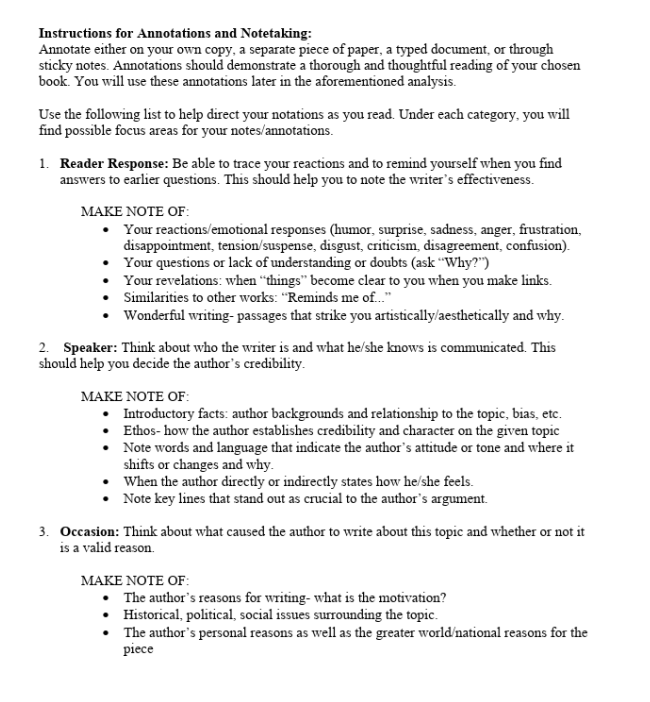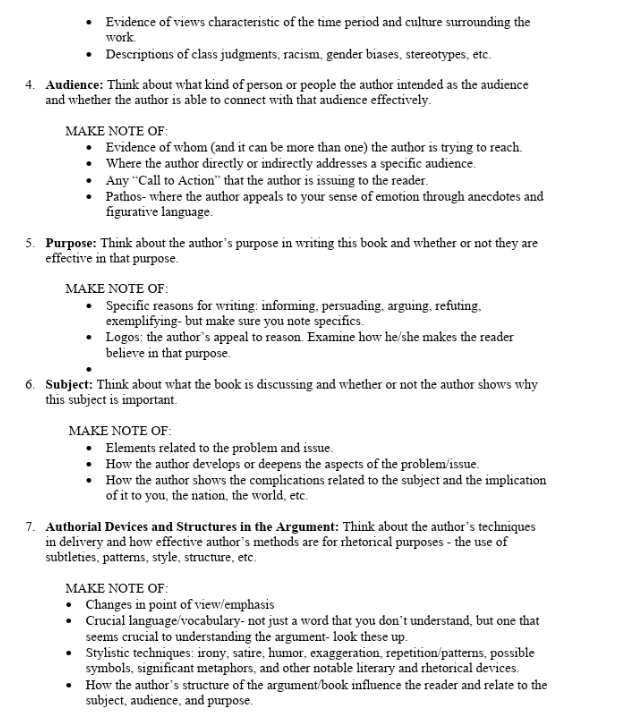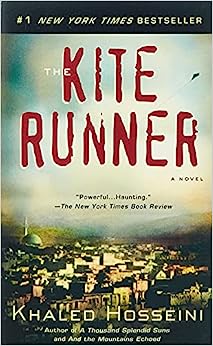Summer Reading
Grades 9-12 Summer Reading 2025-2026
Miami Coral Park Senior High School
Summer Reading Plan
2025-2026
*** Book response questions and accompanying project are both due by the end of the first
week of school. No allowances will be granted.***
Book titles:
Nonfiction, Fiction and Classic Literature choices per grade level.
-Since the FSA and the new LAFS includes both nonfiction and fiction standards, students are
highly encouraged to read at least one non-fiction selection.
-------------------------------------------------------------------------------------------------------
***PICK ONLY ONE BOOK for your summer reading and complete ONE activity for that
book.***
-------------------------------------------------------------------------------------------------------
***If you will have Intensive Reading, or Developmental ESOL, pick a different book to
submit to that teacher.***
-------------------------------------------------------------------------------------------------------
9th Language Arts, ESOL, or Intensive Reading:
- Fahrenheit 451by Ray Bradbury- Classic Literature
- Hidden Girl: The True Story of a Modern-Day Child Slaveby Shyima Hall- Nonfiction
- How the Garcia Girls Lost their Accentsby Julia Alvarez- Multicultural Fiction
10th Language Arts, ESOL, or Intensive Reading:
- The Dark Game: True Spy Storiesby Paul B.Janeckzo-Nonfiction
- Copper Sun by Sharon Draper- Historical Fiction
- Treasure Islandby Robert Louis Stevenson- Classic Literature
11th Language Arts, ESOL, or Intensive Reading:
- Written in Bone: Buried Lives of Jamestown and Colonial Marylandby Sally M. Walker
- Dr. Jekyll and Mr. Hydeby Robert Louis Stevenson- Classic Literature
- House of the Spiritsby Isabel Allende- Multicultural Fiction
12th Language Arts, ESOL, or Intensive Reading:
- Eyes Wide Open: Going Beyond the Environmental Headlinesby Paul Fleishman- Nonfiction
- Siddharthaby Herman Hesse- Classic Literature
- Catcher in the Ryeby JD Salinger- Fiction
--------------------------------------------------------------------------------------------
DIRECTIONS Complete the following questions after reading your selection based on genre:
Nonfiction Selection:
- If your book offers a cultural portrait—of life in another country or region of your own country, start with questions a, b, or c ...
- What observations are made in the book? Does the author examine economics and politics, family traditions, the arts, religious beliefs, language or food?
- Does the author criticize or admire the culture? Does he/she wish to preserve or change the way of life? Either way, what would be risked or gained?
- What is different from your own culture? What do you find most surprising, intriguing or difficult to understand?
- What is the central idea discussed in the book? What issues or ideas does the author explore? Are they personal, sociological, global, political, economic, spiritual, medical, or scientific?
- Do the issues affect your life? How so—directly, on a daily basis, or more generally? Now or sometime in the future?
- What evidence does the author use to support the book's ideas? Is the evidence convincing...definitive or...speculative? Does the author depend on personal opinion, observation, and assessment? Or is the evidence factual—based on science, statistics, historical documents, or quotations from (credible) experts?
- What kind of language does the author use? Is it objective and dispassionate? Or passionate and earnest? Is it polemical, inflammatory, and sarcastic? Does the language help or undercut the author's premise?
- What are the implications for the future? Are there long- or short-term consequences to the issues raised in the book? Are they positive or negative...affirming or frightening?
7.What solutions does the author propose? Who would implement those solutions? How probable is success?
- How controversial are the issues raised in the book? Who is aligned on which sides of the issues? Where do you fall in that line-up?
- Talk about specific passages that struck you as significant—or interesting, profound, amusing, illuminating, disturbing, sad...? What was memorable?
- What have you learned after reading this book? Has it broadened your perspective about a difficult issue—personal or societal? Has it introduced you to a culture in another country...or an ethnic or regional culture in your own country?
Fiction or Classic Literature Selection:
- How did you experience the book? Were you engaged immediately, or did it take you a while to "get into it"? How did you feel reading it—amused, sad, disturbed, confused, bored...?
- Describe the main characters—personality traits, motivations, inner qualities.
- Why do characters do what they do?
- Are their actions justified?
- Describe the dynamics between characters (in a marriage, family, or friendship).
- How has the past shaped their lives?
- Do you admire or disapprove of them?
- Do they remind you of people you know?
- Do the main characters change by the end of the book? Do they grow or mature? Do they learn something about themselves and how the world works?
- Is the plot engaging—does the story interest you? Is this a plot-driven book: a fast-paced page-turner? Or does the story unfold slowly with a focus on character development? Were you surprised by the plot's complications? Or did you find it predictable, even formulaic?
- Talk about the book's structure. Is it a continuous story...or interlocking short stories? Does the time-line move forward chronologically...or back and forth between past and present? Does the author use a single viewpoint or shifting viewpoints? Why might the author have chosen to tell the story the way he or she did—and what difference does it make in the way you read or understand it?
- What main ideas—themes—does the author explore? (Consider the title, often a clue to a theme.) Does the author use symbols to reinforce the main ideas?
- What passages strike you as insightful, even profound? Perhaps a bit of dialog that's funny or poignant or that encapsulates a character? Maybe there's a particular comment that states the book's thematic concerns?
- Is the ending satisfying? If so, why? If not, why not...and how would you change it?
- If you could ask the author a question, what would you ask? Have you read other books by the same author? If so how does this book compare. If not, does this book inspire you to read others?
- Has this novel changed you—broadened your perspective? Have you learned something new or been exposed to different ideas about people or a certain part of the world?
------------------------------------------------------------------------------------------------
In addition to the questions above, please CHOOSE ONE project from the list below to also
bring in by the END of the FIRST WEEK of school.
- Create a book jacket for your book. On the front, draw an alternative cover to the book. (For example, a student that read the book, The Lovely Bones, drew bones in the shape of a heart.). Next, write an original summary for the book on the back of the book jacket. Then, find three quotes from the book that you like and write them on the back. Inside of the book jacket, summarize at least five different characters that will capture the reader’s attention while reading the book jacket. Finally, give the book a review out of five stars telling why they would or would not recommend the book to a friend.
- Imagine that the book you are reading has been challenged by a special interest group. Write a letter defending the book, using specific evidence from the book to support your ideas.
- Create a soundtrack for your book. Pick at least eight songs that "tell the story of your book" and have them explain why each song is important.
- Create a movie out of the book you chose to read. Decide where the movie will film, who will direct it, and what type of soundtrack the film will have. Also, pick at least eight characters from the book and in at least four sentences, decide which famous actor will play them and why. You may only use books which have not already been made into movies.
- You are the reporter. Write a front page news story or a report live from the scene.
- Some characters are interesting and you can relate to, while others possess a specific personality that is intriguing. Select one of those characters that possess a specific personality that is intriguing, and explain how and why it is intriguing. Use evidence from the text to support your answer.
- There are scenes and lines that are unforgettable. Select a scene(s) and a line(s) from one of the books you have read, and explain how and why you feel they are unforgettable. Use evidence from the text to support your answer.
Files:
SUMMER READING 25-26 for All ELA-ELL-ESE 9th-12th grade students
Advanced Placement Language and Composition
Dear AP Student,



Advanced Placement Literature and Composition
Summer Reading Assignment
AP Literature and Composition
Summer Reading
2025-2026 School Year
Mr. Jones

Read the following novel:
The Kite Runner by Khaled Hosseini
________________________________________________
Closely read Khaled Hosseini’s The Kite Runner and prepare the following report. Your report must be typed and double spaced in a 12-14 pt. font. Avoid all internet sources. I will check them all.
Fearless free thinking is the one quality I value most in an A.P. student. However, you must always remember to back up your clever ideas with textual evidence.
-----------------------------------------------------------------------
Here are the parameters for your assignment:
- Identify 5 symbols and describe the significance of each in a 3-5 sentence paragraph. Remember that a symbol must start off as something “real” or literal and then slowly take on figurative significance.
- Identify one central symbol for the entire novel and discuss its significance to the novel as a whole, in two to three well developed paragraphs. Whereas Gatsby’s parade of expensive shirts might be symbolic in Fitzgerald’s famous novel, most would agree that Daisy’s green light is the central symbol of the work.
- Discuss three plausible themes for the novel. Discuss each theme and its connections to the novel in a 3-5 sentence paragraph. Examples of themes from Fitzgerald’s The Great Gatsby might be “carelessness” or “broken dreams.”
- Identify the five most important scenes in the novel and discuss the significance of each scene in a 3-5 sentence paragraph. Choose any scenes you want but remember to back up your choices with textual evidence.
- Identify the five most important quotes from the novel and discuss their significance in a 3-5 sentence paragraph. Choose any quotes you want as long as you can identify their significance.
Files:
